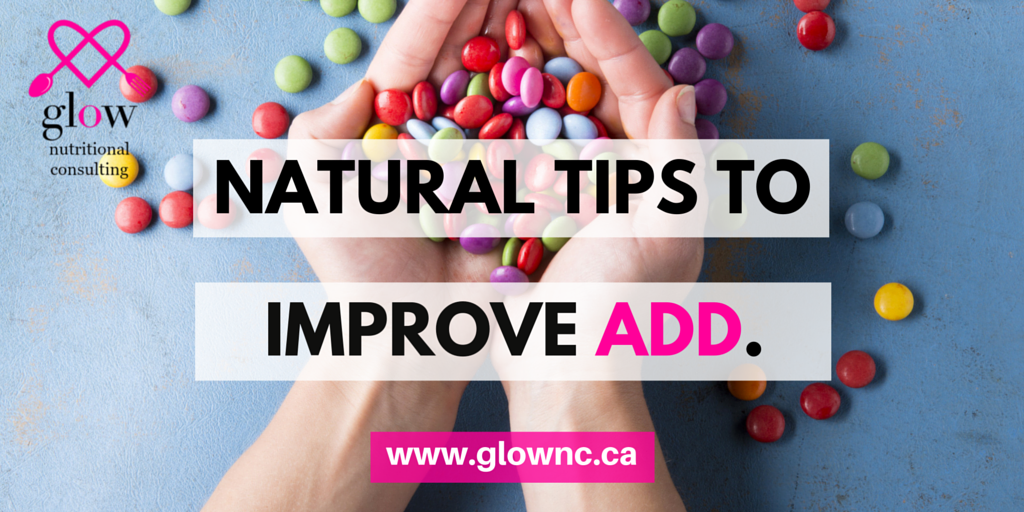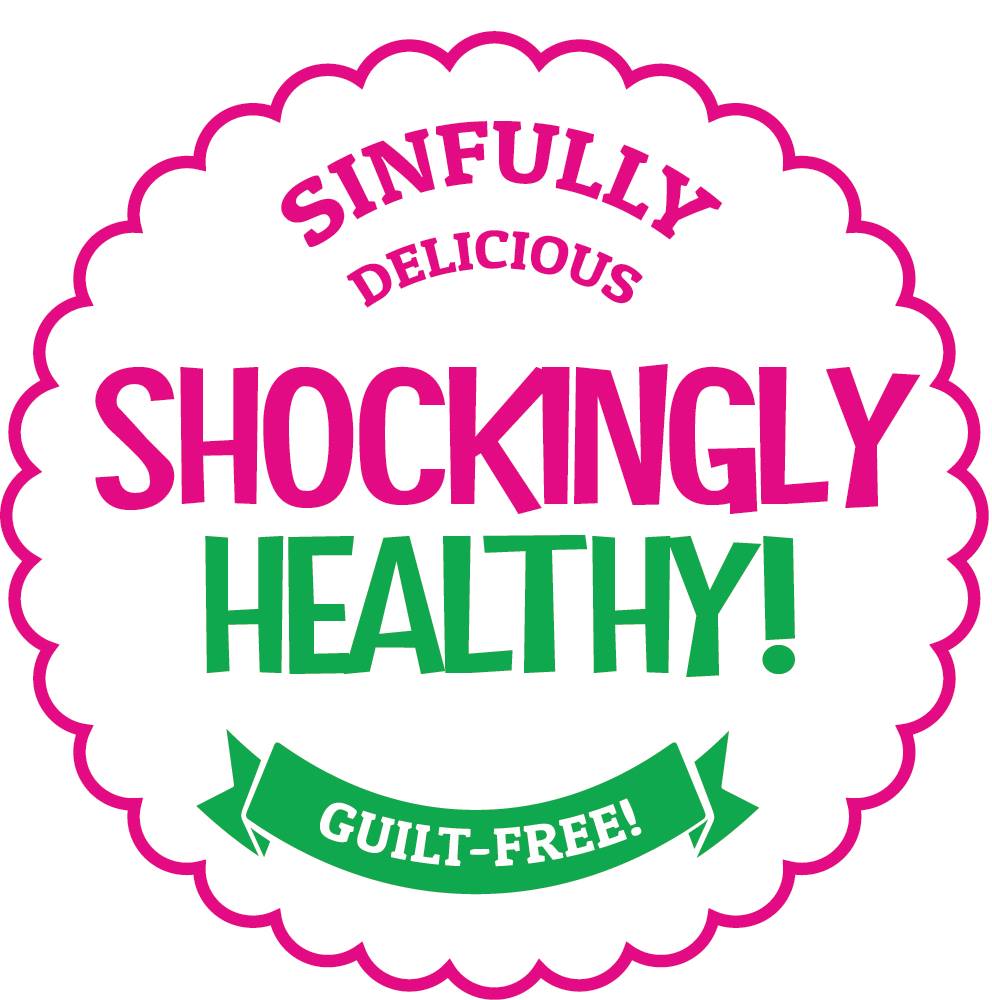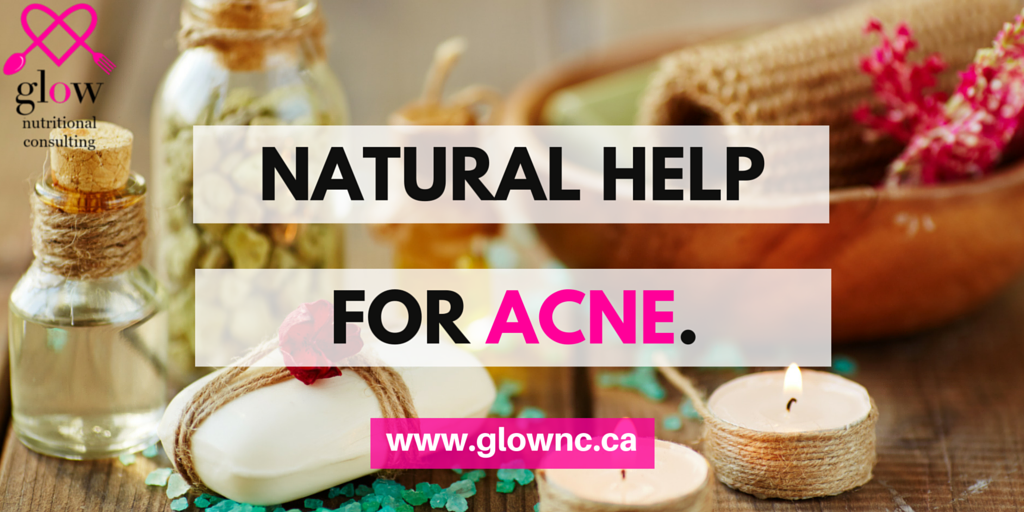Happy Q&A Monday! This week’s question is all about ADD and ADHD – two disorders I received quite a few questions from worried Mama’s about. The great news is, there is LOADS you can do nutritionally, and any mother who’s watched her normally calm child become a ball of laps-around-the-house energy after birthday party cake or candies knows how much food truly affects behavior and energy levels (heck, any of you Mama’s out there that crave sugar and caffeine know first-hand how much food affects energy and behavior!).
What foods can make ADD/ADHD symptoms worse?
I usually try to start out with encouragement and optimism; addressing what you should add INTO your diet. In the case of ADD and ADHD, foods to take OUT definitely take the cake and should be talked about as even more important than the awesome, nutrient-dense foods you add in. So today, this first.
Refined Sugar
YUP, one of our worst health enemies, and one of our most addictive brain-stimulating drugs in our food system. It triggers hormones that cause inflammation, energy production (via stress), and depletes nutrients. There have been INCREDIBLE studies on sugar; human & animal. Here are the highlights: rats that were electrocuted when they consumed sugar still kept choosing to go back to their sugar feed instead of eating at their natural diet (which, if they chose, would mean they didn’t get shocked). Eeek! My second favourite sugar study? Sugar was taken out of a youth detention institution so that prisoner’s had restricted access to it. What happened? Researchers found that disciplinary actions were needed 48% less often as a start, followed by fewer emotional outbursts, fewer fights and fewer disruptions. If you are going to eat sugar, eating it with fat, protein and/or fiber slows down its digestion so that we don’t spike and crash as hard.
Additives & Dyes
These guys are another no-no for ADD & ADHD. I LOVE Michael Pollan’s quote: “Don’t buy anything your third-grader can’t pronounce”. Keep your food rules simple. If you can’t pronounce it, it probably shouldn’t be finding its’ way into your body. Watch out for monosodium glutamate (MSG), benzoates, nitrates, sulphites, calcium silicate, BHT, BHA, benzoal peroxide, and any colours (ie: sunset yellow, carmoisine, tartrazine, ponceau, quinolone yellow (E104), allura red (E129))
A study cited in Pediatrics (Journal), reported that more than 50% of ADD-/ADHD-affected children reduced behavior problems and had less trouble sleeping when put on a diet that cut out: artificial food additives, chocolate, MSG, preservatives and caffeine.
Food Allergies
These will be specific to each child. When we ingest an allergen, our body brilliantly creates an immune and adrenal response so that we will survive for as long as possible. Some of these reactions are very severe, let’s say an anaphylactic reaction to peanuts. Others, however, are less noticeable, and when adrenaline is excreted because an allergic reaction is stressful to the body, it’s only natural that it could affect the mind. Imagine being constantly ready to fight or take flight yet being told to sit still for minutes or hours at a time. The most common allergens, as cited by the World Health Organization through their International Food Safety Authorities Network (INFOSAN) are:
-Grains containing gluten
-Shellfish
-Fish
-Eggs
-Peanuts
-Soy
-Milk & Dairy Products
-Tree nuts
-Sulphites
What foods should you focus on if your child has ADD/ADHD?
Omega-3 Fats
We’re talking wild fish (yep, tricky since they’re a common allergen), flaxseeds, hemp seeds, borage oil and walnuts. Docosahexaenoic acid (DHA – a super brain fat) can be supplemented through the use of fish oils and/or algae oils. These fats support healthy development in the brain.
Choline
This nutrient is mainly found in soy, sunflower seeds and egg yolks. Studies have shown that choline helps focus and concentration.
B-vitamins
This awesome family of vitamins nourishes stressed-out nerves. Super food sources are cantaloupe, nutritional yeast, leafy greens and whole grains.
Kale, Chard, Broccoli, Spinach (Think Greens!)
Why are greens so great? They contain magnesium, a natural relaxant. Not only could this help a child who’s fidgety, but it can help you as an AWESOME Mama after a LOOOONNNGGG day.
Chamomile
Even taken as a tea, chamomile promotes relaxation. It can be used as an edible herb, and can be gentle enough for a child, though you should always check with your healthcare practitioner before adding herbs into your life.
What are a few lifestyle changes to help with ADD/ADHD?
Smaller meals, more often
Sometimes this can do the blood sugar trick! By keeping meals smaller and closer together, we don’t give the opportunity for our bodies to hit that super-ugly energy LOW, where you start craving sugar just to get glucose back in your bloodstream. Keeping your diet rich in healthy protein is another way to promote balanced blood sugar levels.
Set the example
Are you running around, stressed out, leaving from point A thinking only of point B, stress driving, drinking coffee, loving sugar, and generally freaking out? See if you can journal, meditate for even a few minutes, and find ways that work for YOU to s-s-s-s-s-l-l-l-l-l-o-o-o-o-o-w-w-w-w-w down.
Reduce TV
ACTION, BRIGHT LIGHTS, FLICKERING SCREEN, LAUGHING, STRESSORS, BRIGHT SHAPES, SONGS, QUICK MOVEMENTS!!!! Stressed out yet? Your child could be. In the same way that food allergies stimulate adrenaline release, so too can a fast-paced TV show, movie and/or video game. Reducing TV is one option, finding shows that are slower, calmer and gentler is a second.
Aromatherapy
Ever walked into a spa and been instantly relaxed? Quite often it’s due at least in part to the scents that are used. Think about diffusing lavender, peppermint, lemon balm, rosemary or chamomile in your home – who knows, you might just chill out upon entrance, too!
Happy Health!
Nathalie Norris, CNP
**glow nutritional consulting and Nathalie Norris are working to spread information to promote women’s health. By reading this information, and any information to follow on Q&A Mondays, you agree that major changes in diet or lifestyle should be decided upon with the healthcare practitioner that you trust, and who knows your complete health history**





